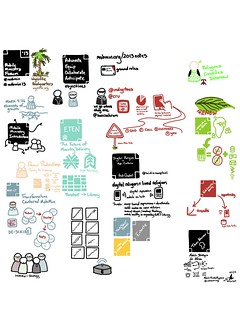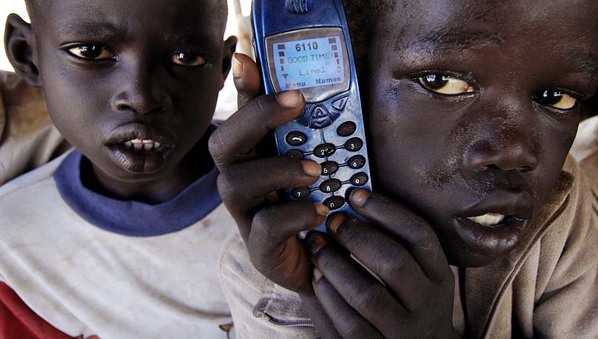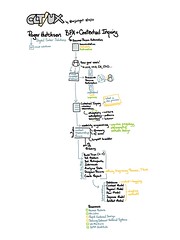As I’m sure that if you are reading MMM, you are aware of much of what’s happening in and around the NSA/Snowden topic and its effects. In an article read recently at The Atlantic, something stuck out that made me wonder a bit:
One senior collection manager, speaking on the condition of anonymity but with permission from the NSA, said “we are getting vast volumes” of location data from around the world by tapping into the cables that connect mobile networks globally and that serve U.S. cellphones as well as foreign ones. Additionally, data are often collected from the tens of millions of Americans who travel abroad with their cellphones every year.
I just wonder, and maybe its just me more than things that are already spoken – do folks who work in IT/IS for organizations who do travel and need secure communications understand this? Are they putting together security plans which are easy to follow and clearly lay out why “mobile as normal” isn’t the lingua franca anymore?
In a conversation with the CEO of GSMK Cryptophone some months back, amongst the security topics we talked about, the way that mobile is perceived as an area of concern – or not – for faith-based orgs/NGOs came up in one of the questions, here’s a quote from my notes:
What would be some recommendations that you’d have for religious organization who have a need for secure mobile communications, but aren’t sure where to start?
- think hard about what your threat scenarios are; what are the potential problems
- what areas/people that need to be protected
- think of the entirety of communications
- lots of problems can be solved with open source software
- pay attention to the range of suppliers and the range of solutions out there
- understand that mobile devices might not be usable at all
Are these concerns that you hear in your planning sessions for mobile ministry efforts? Or, do you only think about security, political, or other implications only after they have happened? How do you address mobile concerns, if at all?
Additional Note: After investigating several mobile security solutions, GSMK seemed to have the best overall solution. I was very convinced after conversing with them that not only would it be a tech solution, but a behavioral one. Plus, for those who like those modern devices, their security-hardened version of Android is hard to beat. Check them out for your personal or organizational needs.



 Was pointed to this piece about two sides of owning a [smartphone] mobile
Was pointed to this piece about two sides of owning a [smartphone] mobile 


